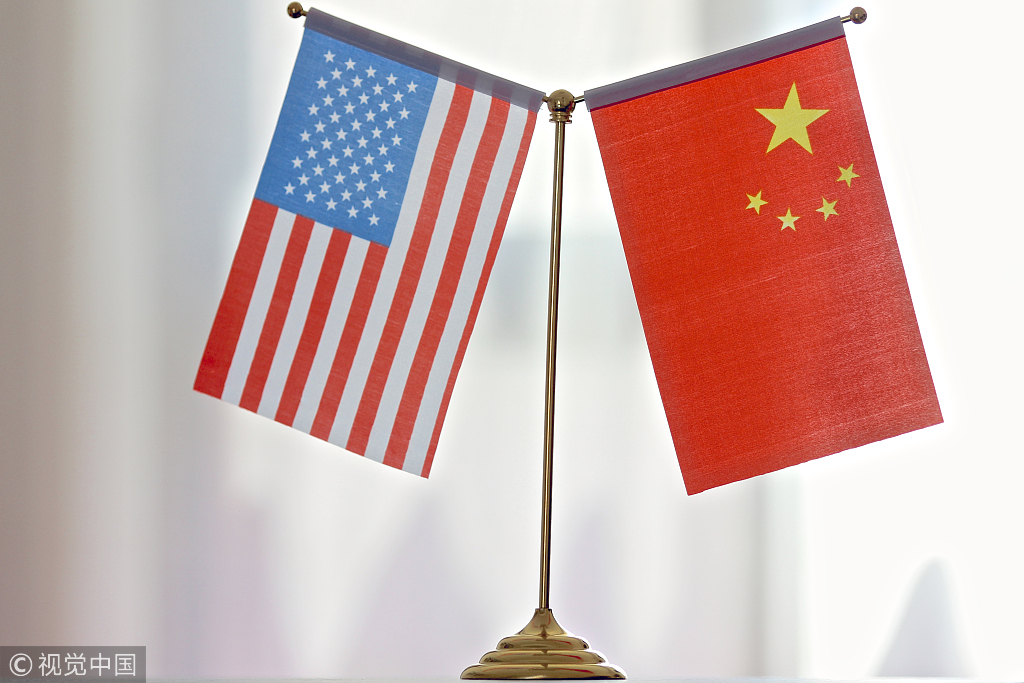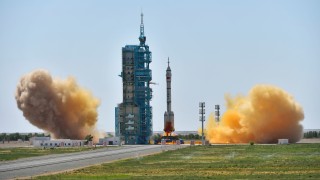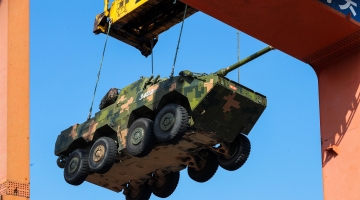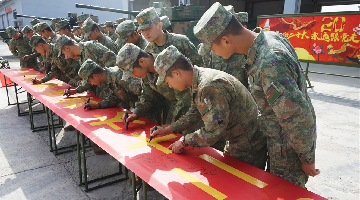
Suppose a country sends its warships with guided missiles regularly to the waters off Hawaii, conducts navy drills in the Gulf of Mexico or the Caribbean Sea targeting "hostile" forces, and test-fires conventional medium-range missiles in the Atlantic or Pacific Ocean near the US coast within just a few months, what would be the United States' response?
This is a no-brainer for anyone with even the basic knowledge of geopolitics.
But the US has been conducting such provocative operations in and around the waters of China, which it now considers a strategic competitor.
On Friday, the Pentagon sent USS Wayne E. Meyer, a guided-missile destroyer, into the waters off China's Xisha Islands in the South China Sea in the name of "freedom of navigation". It was the sixth US' "freedom of navigation operation" this year, compared with only six during the entire eight years of the Barack Obama administration.
To justify Friday's provocative move, a US Seventh Fleet spokeswoman said China's territorial claim in the South China Sea is "not permitted by international law", even though the self-proclaimed guardian of international law has not ratified the United Nations Convention on the Law of the Sea.
That the US is desperate to contain China's rise is reflected in the series of moves the Pentagon has made recently in the Asia-Pacific region.
On Wednesday, the US Marine Corps announced it had held exercises on a Japanese islet to strengthen the US military's capability of invading a disputed island and establishing a supply base for aerial operations.
And last month, the Pentagon chose the Pacific Ocean to test its first conventional medium-range missile since the end of the Cold War.
Washington has never minced words about its plan to deploy new medium-range conventional missiles in Asia. And now that it has withdrawn from the Intermediate-Range Nuclear Forces Treaty, the deployment could happen within months.
Which would seriously disrupt the regional strategic balance, not least because the missiles could strike targets in China.
Yet Beijing's response to Washington's provocations has been restrained. It has dispatched its navy vessels only to identify and monitor US warships transgressing China's territorial waters, and said it will take "countermeasures" if the US deploys missiles at its doorstep.
Beijing does not want to be dragged into an arms race. But that should not be seen as a sign of weakness, and the military hawks in Washington would commit a grave mistake by underestimating China's determination and capability to protect its sovereignty and territorial integrity, and safeguard regional peace and stability.











